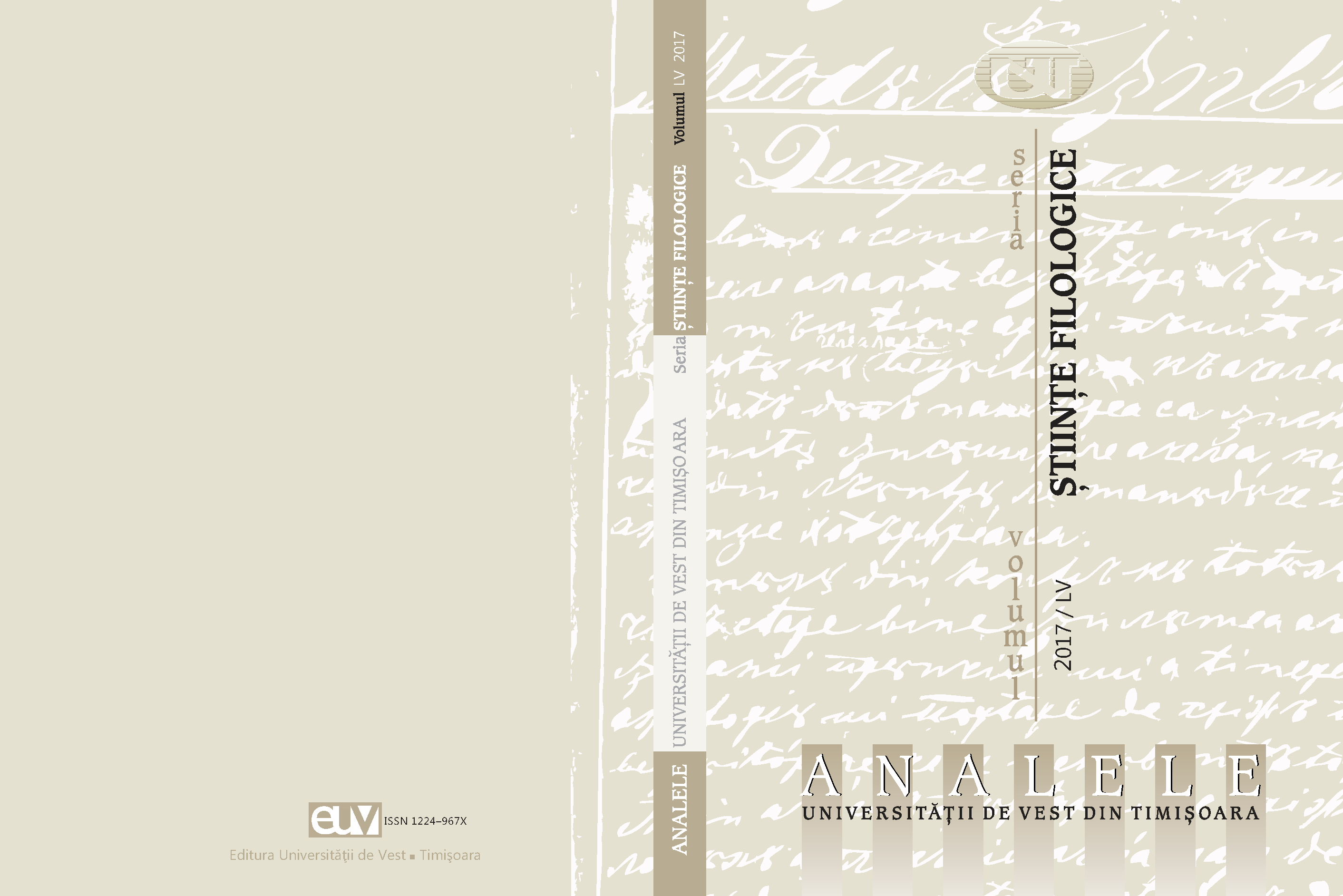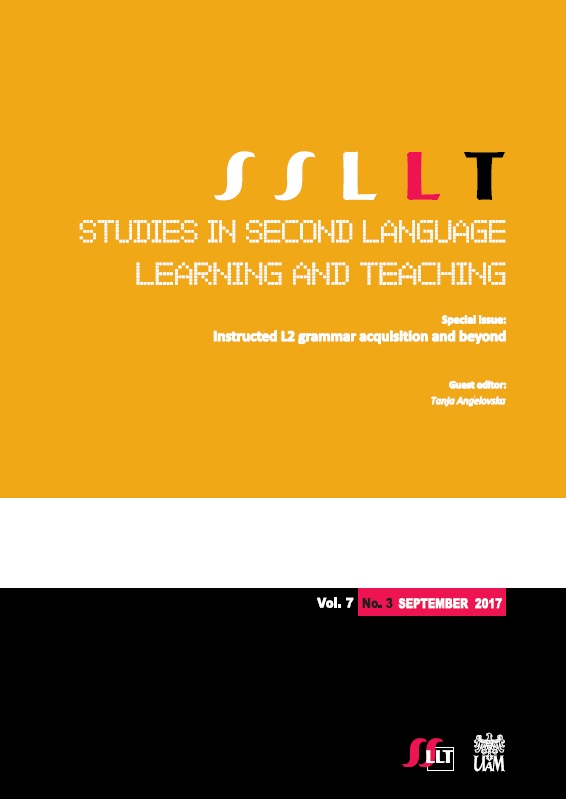
Profazele da și nu în limba română și corespondențele lor în limba arabă modernă standard – o abordare contrastivă
This paper aims to present contrastively some functional and pragmatic aspects of the main affirmative pro-sentence (da) and the symmetric negative pro-sentence (nu) in Romanian and their corresponding particles of affirmative and negative response in Modern Standard Arabic. We will discuss the functionality of this pair of adverbs in their syntactic context, in discourse and in communicational interaction, revealing their pragmatic values. The analysis will emphasize the consequences of the anaphoric nature of the pro-sentences and the contextual connections with the previous sentences, which can totally change the meaning of these apparently simple and transparent particles. Both pro-sentences are elliptic formulas which stand for assertive, interrogative or exclamatory sentences, expressing affirmation and negation in a broad sense, including the intentional nuances of acceptance and rejection, agreement and disagreement. This approach will also refer to the special situation in which either the affirmative adverb da or the negative adverb nu is included in a composed pro-sentence, when preceded by the adversative adverb ba, creating the adversative structures ba da, used to contradict the preceding negative sentences, and ba nu, used to contradict affirmative statements or presuppositions. This contrastive analysis of the main affirmative and negative pro-sentences in Romanian and Modern Standard Arabic reveals some similarities and differences between the affirmation and negation patterns in the two languages, which can be integrated into the teaching process, in order to enhance the metalinguistic awareness of Arab students in learning Romanian as a second language.
More...

